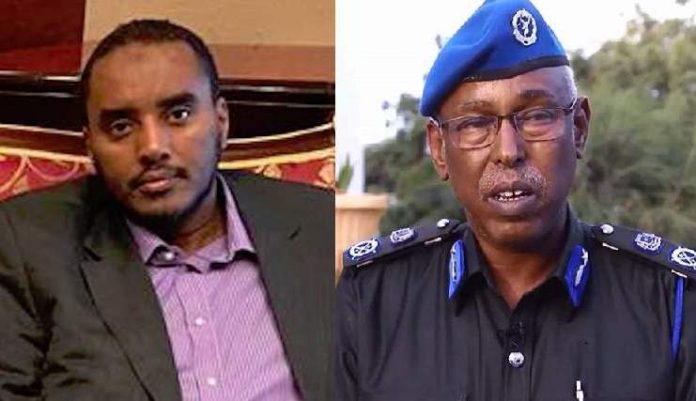While Qatar trumpets its development aid for Somalia, Doha’s influence behind the scenes is now extending even to the security apparatus of the febrile Somalian state. Mogadishu has become a front line in the power struggle that Qatar is waging against the United Arab Emirates and Saudi Arabia.
The latest revelations.
One step forward, two steps back
On 24 September in New York, the emir of Qatar Tamim bin Hamad Al Thani renewed the pledges to support development in Somalia that he had already made in May. And he had a pressing reason: despite Doha’s overtures, the Somalian president Mohamed Abdullahi Mohamed Farmajo is increasingly aligning his political stance with that of Addis Ababa and Asmara, which are on friendly terms with the Emiratis and Saudis (ION 1480). But the Somalian president, elected in February 2017 with a shaky mandate (ION 1457), is not entirely the master in his own Villa Somalia, where Qatar’s allies are operating in the shadows.
A security apparatus in hock to Qatar – AMISOM (the mission of the African Union in Somalia) plans to depart from Somalia by 2021 and hand over to the Somali National Army (SNA). The first Somalian officers to be trained by Turkey (an ally of Qatar) at their Mogadishu base graduated in August, whereas the training for the Somalian army dispensed by the Americans, British and Egyptians is on the wane.
But an even closer eye needs to be kept on the police… The Indian Ocean Newsletter has obtained a copy of a letter dated 2 September addressed to Farmajo, his prime minister Hassan Ali Khayre and the interior minister Abdi Farah Said by the head of police, General Bashir Abdi Mohamed, and the deputy director of Somalia’s National Intelligence Security Agency (NISA) and ex-journalist for the Qatari broadcaster Al-Jazeera, Fahad Yasin Haji Dahir (see here). Its subject is the transfer of NISA equipment to the police and the seconding of 1,728 of its agents to the forces of law and order, thereby swelling the ranks of the Somalian police force with operatives who have close ties to Qatar, which is very much the case where Fahad Yasin Haji Dahir is concerned. He was for a long time a member of the Wahhabi movement Al-Ittihad al-Islamiya, a group whose links with the fundamentalists of Al-Shabaab are being scrutinised by the United Nations (ION 1481). By deploying his loyalists in the police force, he will have undisputed power over the president, as he will be in control of Mogadishu’s security. Until now, this has been the responsibility of the Mogadishu Stabilization Force, but it is shortly due to be replaced by the Civil Defence Forces. This unit is in fact the 14th battalion, which is under police command. But to achieve its aims, Qatar is not acting with Turkey alone in Somalia.
Which country is helping Qatar to tighten its grip on the intelligence agencies?
Qatar has reportedly offered to fund the Sudanese to dispense training to NISA officers. This would explain why General Salah Abdallah Mohamed Saleh, aka Salah Gosh, the head of Sudan’s National Intelligence and Security Service (NISS), travelled to Mogadishu in late August to meet his Somalian counterpart, Hussein Osman Hussein, and Fahad Yasin Haji Dahir. Qatar’s offensive in Somalia has put NISA’s deputy director on the front line, and the Somalian security chief is clearly feeling the heat, as evidenced by his altercation on 24 September with the assistant of the UN’s former representative in Somalia, Michael Keating. The assistant had been unwise enough to take a photograph without his consent of a plane belonging to the airline Qatar Airways…






























